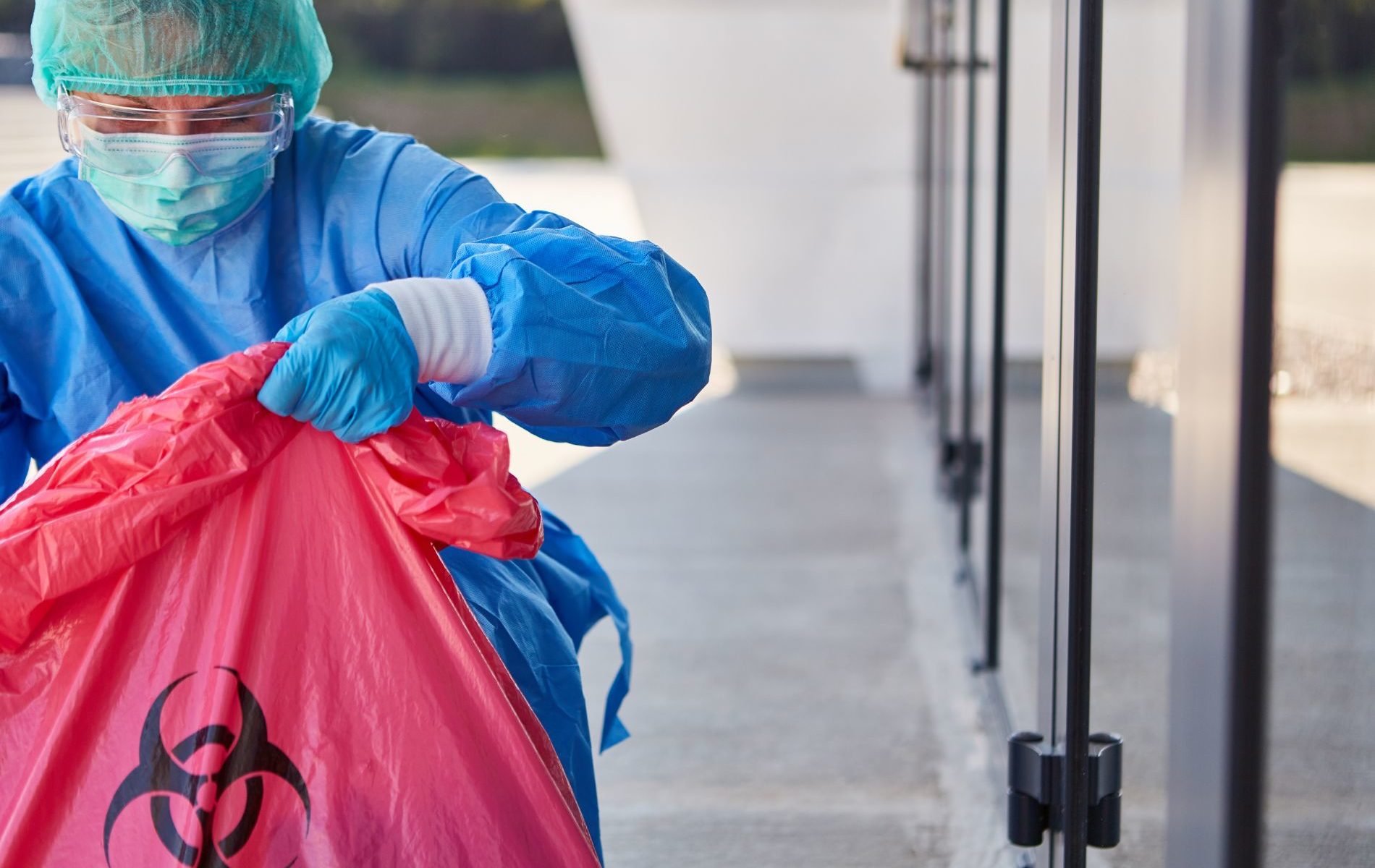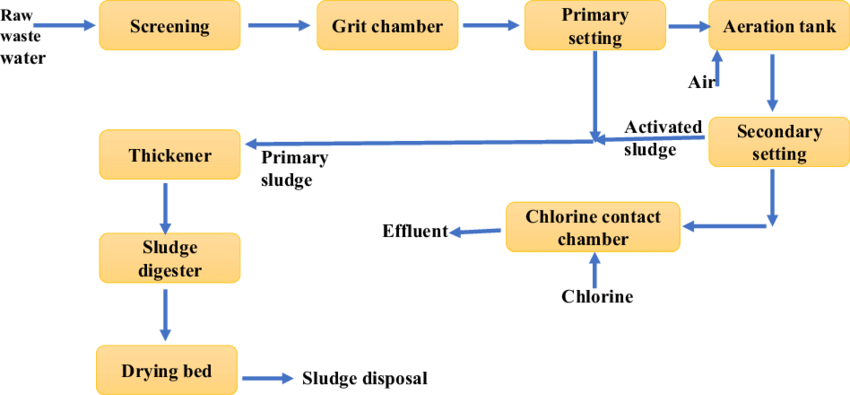How Reclaim Waste can Save You Time, Stress, and Money.
The Facts About Reclaim Waste Uncovered
Table of ContentsSome Known Questions About Reclaim Waste.The 8-Second Trick For Reclaim WasteSome Known Details About Reclaim Waste The Best Strategy To Use For Reclaim WasteNot known Details About Reclaim Waste
Residential sewage waste refers to the waste and items from a household septic tank. The correct administration and disposal of residential sewer waste call for fluid waste to be transferred to a sewer treatment plant where the proper techniques and tools are applied to cleanse and dispose of waste.
Business waste frequently consists of possible dangers, such as combustible materials or a mixture of liquid and solid waste products, and calls for an advanced and in-depth disposal procedure. The disposal of business waste normally entails the filtration of waste before transport to ensure risk-free and appropriate disposal. Hazardous waste is developed from byproducts and runoff of industrial processes and production.
This sort of waste can not make use of the same sewer management transport or procedures as septic or commercial fluids. The commercial waste monitoring process needs the inspection and testing of liquid waste before it undergoes the disposal process (liquid waste removal). Drainage waste is the liquid waste that comes from runoff and excess stormwater in highly inhabited locations or cities
Overflow waste can trigger contamination and flooding if not taken care of properly. Ensuring appropriate waste monitoring can avoid disasters and reduce environmental harm.
Unknown Facts About Reclaim Waste
Contact PROS Solutions today to learn more about our waste management and disposal solutions and the proper methods to care for the fluid waste you create.
(https://leonaube33101.wixsite.com/reclaim-waste/post/effective-liquid-waste-removal-and-disposal-everything-you-need-to-know)This so-called 'wastewater' is not just a crucial resource yet, after treatment, will certainly be released to our land, waterways or the sea. Made use of water from bathrooms, showers, bathrooms, kitchen area sinks, washings and industrial procedures is recognized as wastewater.

water made use of to cool equipment or clean plant and devices). Stormwater, a form of wastewater, is drainage that streams from farming and urban locations such as roofing systems, parks, yards, roadways, paths and rain gutters right into stormwater drains, after rainfall. Stormwater flows unattended directly to neighborhood creeks or rivers, ultimately getting to the sea.
The 10-Second Trick For Reclaim Waste
In Queensland, a lot of wastewater is dealt with at sewage treatment plants. Wastewater is transferred from residential or commercial websites via a system of sewers and pump stations, understood as sewerage reticulation, to a sewer treatment plant. City governments develop, preserve and run most sewage therapy plants. Operators are licensed under the Environmental Defense Act 1994 to release cured wastewater at an appropriate ecological criterion right into rivers.
The Department of Natural Resources encourages city governments regarding handling, operating and preserving sewerage systems and treatment plants. In unsewered locations, neighborhood federal governments may need householders to set up individual or household sewage therapy systems to deal with residential wastewater from toilets, kitchens, shower rooms and laundries. The Department of Natural Resources authorizes making use of house systems when they are confirmed to be reliable.
In some brand-new class, treatment of some stormwater to get rid of trash, sand and gravel has actually begun using gross toxin catches. published here Wastewater treatment takes place in 4 stages: Gets rid of solid matter.
Utilizes small living microorganisms knows as micro-organisms to damage down and eliminate remaining dissolved wastes and fine fragments. Micro-organisms and wastes are included in the sludge.
How Reclaim Waste can Save You Time, Stress, and Money.
Nutrient removal is not offered in any way sewage treatment plants since it needs costly specialist equipment. It is becoming more typical in Queensland. Clear liquid effluent produced after therapy may still include disease-causing micro-organisms. If this effluent is released into waterways such as rivers or the sea, the micro-organisms will ultimately die out.

Most wastewater moves into the sewage system. Under the Act, local governments provide approvals and licences for environmentally pertinent activities (Periods) involving wastewater launches that might have a neighborhood impact.
Reclaim Waste Can Be Fun For Anyone
Or else, examples are taken for laboratory analysis. Usually several tests are needed to establish the degrees of each of the different toxins such as oils, heavy metals and chemicals in water. Surveillance offers valid information regarding water top quality and can confirm that licence conditions are being satisfied. The details acquired via monitoring supplies the basis for making water top quality choices.